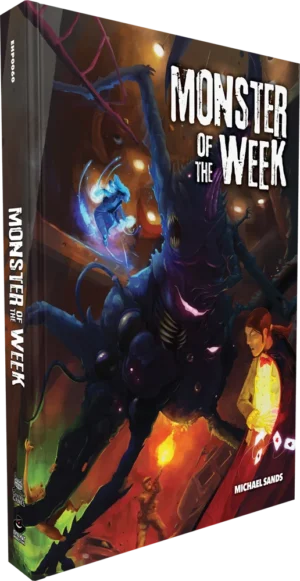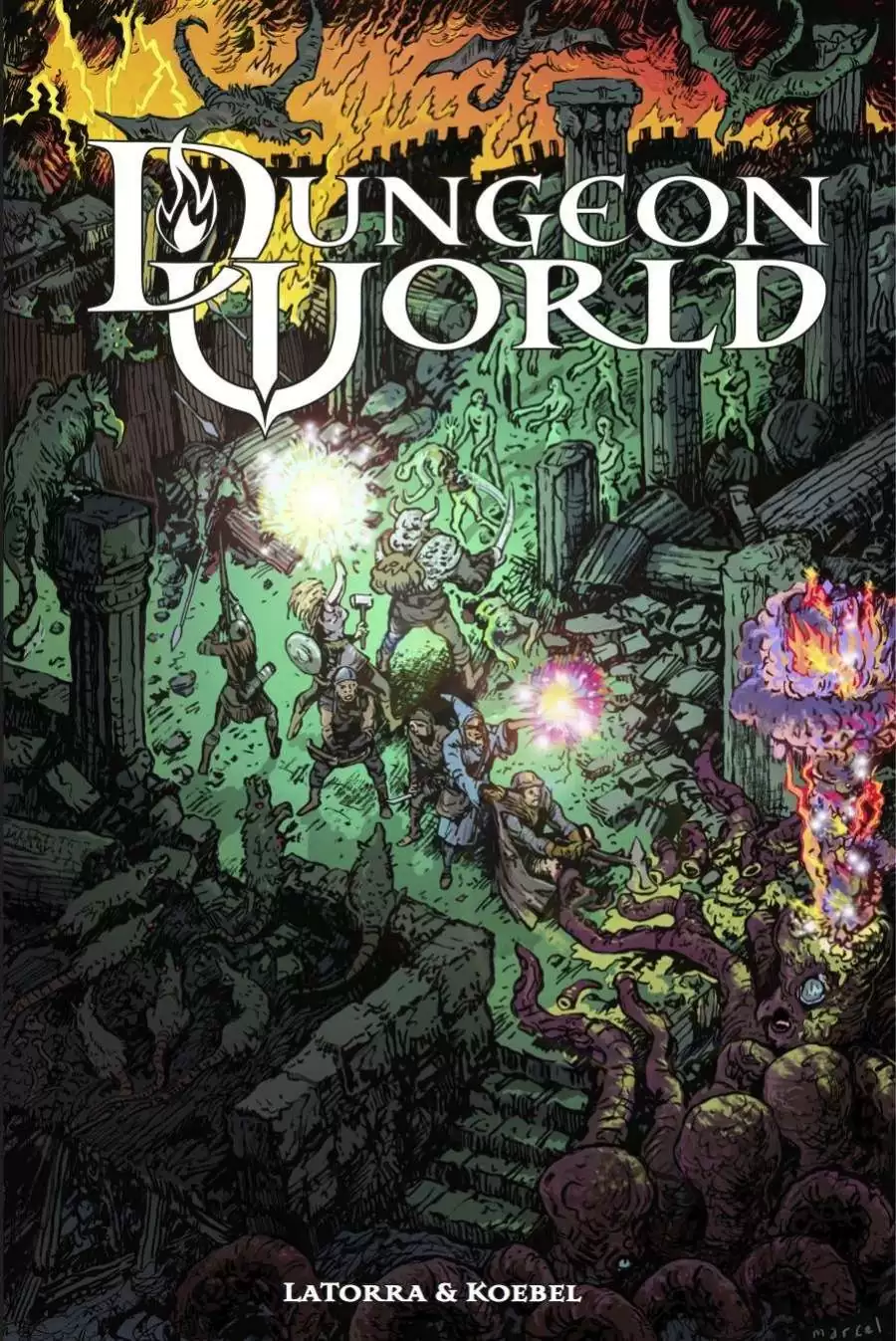Quest Fantasy; Narrative-Driven; Character Customization; Collaborative Worldbuilding; Exploration-Driven; Cinematic
Quest is a narrative-driven tabletop roleplaying game designed for accessibility and collaborative storytelling. It focuses on cinematic, exploration-driven adventures in a fantasy setting, emphasizing character customization and collaborative worldbuilding. The game distinguishes itself with simple mechanics and a focus on immersive narrative, targeting both newcomers and experienced players seeking a streamlined, story-focused experience. It removes most modifiers and rules, in favor of collaborative storytelling and spotlight sharing mechanics.
Theme and Setting
Quest is set in a world of magic and danger, encouraging players to embrace their imagination and be 'whoever you want to be'. The setting is rooted in fantasy, with elements that support wondrous treasures and exploration, and it's easy to read, play, and adapt. The game facilitates collaborative worldbuilding, allowing players to actively shape the environment they explore. This allows players to impact not just the story, but also the world itself.
Core Mechanics and Rules
The core mechanics of Quest are streamlined to prioritize narrative over complex rules. The game uses a five-tiered die result system using a d20, inspired by Powered by the Apocalypse (PbtA) games, but spins the table culture more akin to D&D. It omits attributes and skills, focusing instead on special abilities granted by character roles and items. Adventure Points (AP) manage the use of powers and spotlight, encouraging players to strategically use their abilities. Combat is straightforward, with a focus on special abilities and magic items to differentiate characters and encounters. The game emphasizes that mundane items should not be tracked.
What Makes It Unique
Quest distinguishes itself with its accessibility and focus on narrative. It intentionally avoids complex rules and modifiers, making it easier for new players to learn. The game's layout and document design enhance readability and ease of use. The character creation process emphasizes inspiration and storytelling over rules, providing players with a framework to build interesting characters. Furthermore, its design makes it suitable for streaming, with an emphasis on cool abilities and character creation that translates well for audience-driven play. The game also focuses on interesting inventory, and encourages GMs to focus on adventure instead of shopping trips.
Target Audience and Player Experience
Quest is targeted towards both newcomers to tabletop roleplaying games and experienced players seeking a streamlined, narrative-focused experience. It aims to be welcoming and accessible, offering a good shot at becoming the definitive RPG for first-time players. The game's collaborative worldbuilding and character customization options provide players with a sense of ownership and agency. The player experience is designed to be cinematic and exploration-driven, with a focus on collaborative storytelling and meaningful choices.



